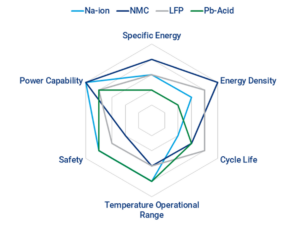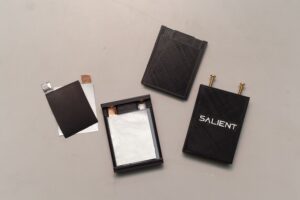There are many alternatives to Li-ion batteries, including fuel cells, various types of supercapacitors, redox flow batteries, novel Li-based chemistries such as lithium-sulfur (LiS), and more. This FAQ focuses on alternative non-lithium rechargeable battery chemistries, including calcium-ion (Ca-ion), magnesium-ion (Mg-ion), sodium-ion (Na-ion), zinc-ion (Zn-ion), iron-air (Fe-air), and sodium-sulfur (NaS) that can be more readily integrated…
Basics of zinc-ion batteries
By Ryan Brown, co-founder and CEO, Salient Energy Lithium-ion batteries are the leading battery technology for both electric vehicles (EVs) and the renewable energy industry. This makes it critical in the fight against climate change, with the world’s ability to adopt EVs and renewables limited in part by its ability to source lithium-ion raw materials. This…


